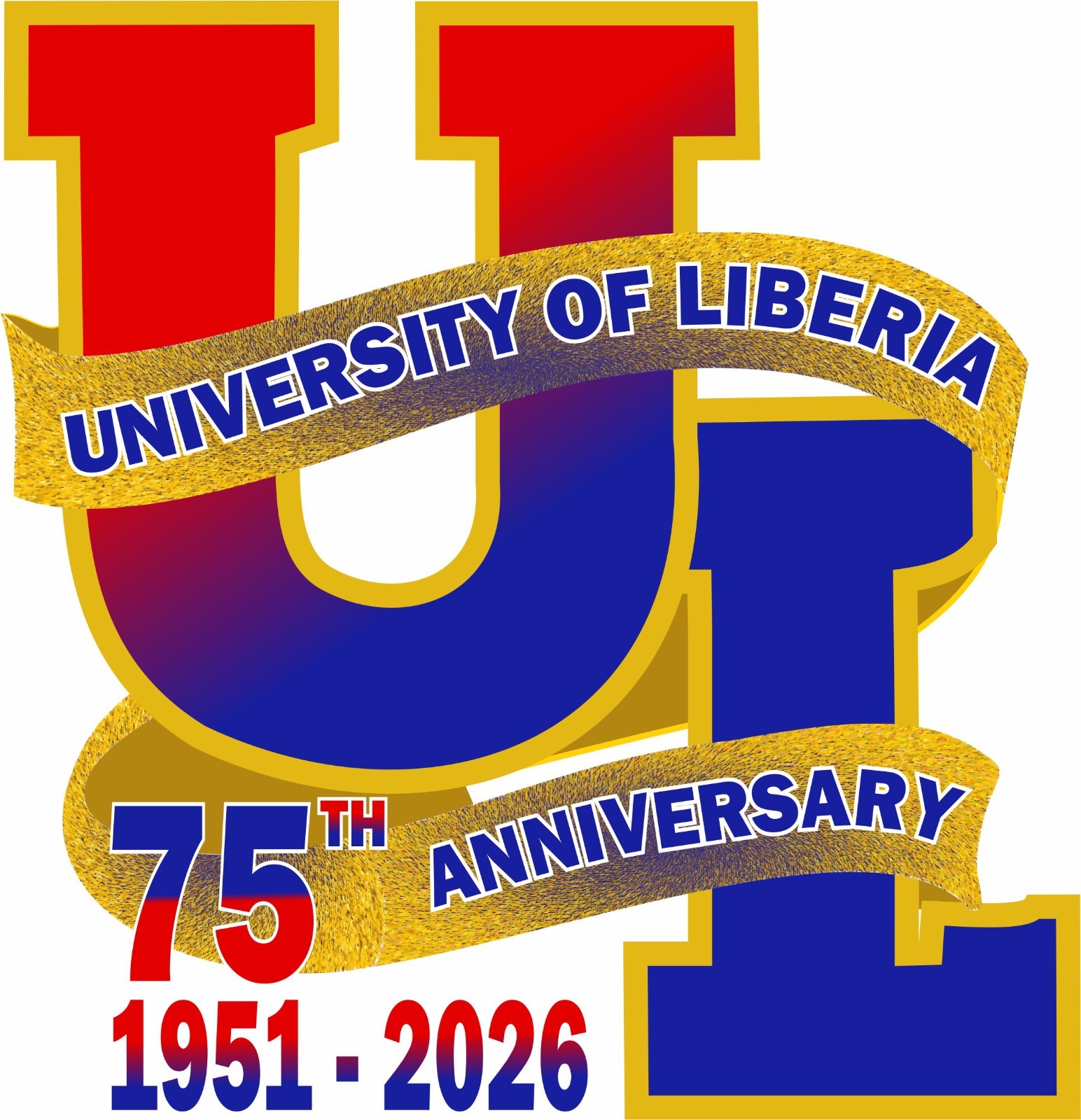UL Hosts International Conference to Commemorate Founder’s Day
UL Capitol Hill Campus: January 21, 2022: The University of Liberia (UL) will commemorate its founding seventy-one years ago by hosting a two-day international conference at the Ministerial Complex in Oldest Congo Town, outside of Monrovia, on February 15 and 16, 2022. The conference, styled “The University of Liberia’s Renaissance,” is expected to bring together UL’s faculty, staff, and students, along with Liberians from all walks of life, senior policymakers, government officials, as well as dignitaries and academics from abroad. Guests include a twenty-seven-member delegation from the University of Sierra Leone. Others from the sub-region as well as officials from the Economic Community of West African States (ECOWAS) will be in attendance.

This hybrid conference also forms part of the year-long activities of the 2022 National Bicentennial Commemoration, scheduled to be officially launched on February 14, 2022, under the theme: “The Year of the Return”. The UL chairs the History Sub-Committee of the 2022 National Bicentennial.
Several presentations are expected to be made during the two-day conference, including a presentation titled, “the Deed for Monrovia,” by Dr. C. Patrick Burrowes. Dr. Burrowes will discuss this historic document with an international panel of scholars and a global audience.
Opening ceremony for the Founder’s Day commemoration begins February 15, and on this day several Liberian and international luminaries will take the stage to discuss the Liberian economy, including Hon. Samuel D. Tweah, Minister of Finance and Development Planning and Ms. Rosa Gumataotao Rios, Former Secretary, US Department of Treasury.
The Founder’s Day will certainly recall memories of Liberia College, the precursor of the University of Liberia. Liberia College opened its doors to students in 1862, with an inaugural class of ten students. Four years later, in 1866, the new college held its inaugural commencement convocation, graduating a single student, Mr. James Henry Evans.
However, the pace of graduation slowed significantly afterwards due to administrative problems, including low enrollment and the lack of resources. For instance, the longest non-graduation period spanned twenty-nine years, beginning in 1874 and ending in 1902.
In spite of these non-graduations, Liberia College had its memorable convocations, including graduating the first female student in 1905 and the largest class of 27 students in 1950.
The challenges that confronted Liberia College, and the demand for a new curriculum more responsive to the emerging needs of the nation at the time, led to the formation of the University of Liberia on February 15, 1951. In that year, 1951, the eighty-nine-year-old Liberia College passed the baton, the task of delivering higher education, to the University of Liberia.
Now entrusted with the mandate and responsibility to educate men and women for the nation, the enrollment profile and graduation rate of the University of Liberia increased astronomically.
Compared to its predecessor, Liberia College, the University of Liberia held annual graduations in the first two decades of its formation.
Thus, according to UL’s annual convocation programs, thirty-nine consecutive graduations were held beginning in 1951 and through 1990. In contrast, Liberia College held merely nine graduations for the comparable thirty-nine-year period from 1866 to 1905.
However, the University of Liberia unbroken run of graduations was disrupted in 1991, as the civil war that began in December 1989 spread devastatingly throughout Liberia. Consequently, no graduation ceremonies were held in 1991, 1992, 1993, and 2003. Graduation resumed regularly after the civil war until the outbreak of the Ebola Virus which led to the cancellation of commencement in 2014.
Like its predecessor, the University of Liberia is also famous and renowned for graduating memorable classes throughout its 71-year-old existence including the most recent Centennial Commencement Convocation, Class of 2019, where the University graduated 3,673 students, the highest number of graduates in the history of higher education in Liberia.
This achievement, including the immense contributions the UL has made towards Liberia’s social and economic developments are the reasons why the UL is celebrating its Founder’s Day.
Therefore, the University of Liberia will look at its history, its challenges and prospects within the context of the University Renaissance during the two-day international conference.
One of the overarching goals of the conference is to position the University of Liberia, as the nation’s highest institution of learning to deliver on the promise of quality and affordable education for its ever-growing young population.
The UL will also use this occasion to reinvent itself for prevailing challenges and the future of higher education in the Republic of Liberia.

